The governor of Minas Gerais, Romeo Zema (New), committed to investigate the supposed cases of unfair competition and possible obstacles imposed by Cemig (Companhia Energética de Minas Gerais) for the energy microgeneration projects.
A promise he was made during a meeting of the executive with INEL representatives (National Clean Energy Institute) and MSL (Free Solar Movement).
Both associations delivered to the governor three technical documents which point out the need to monitor administrative acts in DG (distributed generation) processes at Cemig.
You documents request urgent adjustments and necessary in conduct from the distributor of energy in relation to regulatory abuses in DG projects.
Furthermore, they highlight the obstacles imposed by Cemig in the analysis of connection processes for the installation of solar energy projects in the state of Minas Gerais.
Another point raised by the associations was the possible actions of the distributor, which characterize a possible practice of unfair competition, resulting in the closure of hundreds of companies and the loss of several jobs throughout the state of Minas Gerais.
Marina Meyer Falcão, director of INEL, highlighted that the meeting with the government of Minas Gerais represented yet another attempt at dialogue between entities representing the renewable energy sector about the interests of GD in the State.
“Cemig’s discretionary and arbitrary action, without technical support, in denying and canceling new microgeneration and mini-energy projects has cost thousands of jobs and generated disastrous impacts on the solar energy sector and consequently on the generation of jobs and income throughout Minas Gerais”, she stated.
In this sense, the Institute's executive also pointed out that the meeting sought to inform Governor Romeu Zema about Cemig's performance in the DG segment, considered unfair by the entities that operate the solar energy sector.
“As the highest authority in the State, the governor must investigate the facts and intervene in favor of free competition and the free market. If the government does not respond, we will seek consultation on the case with CADE (Administrative Council for Economic Defense)”, highlighted Marina.
Documents delivered
The president of the MSL, Hewerton Martins, explained that the documents delivered to governor Zema aim to demystify the arguments defended by Cemig for its operating practices.
The concessionaire claims that there is no longer technical capacity in its network to accommodate new connections and that the risk of power flow inversion makes the installation of photovoltaic systems unfeasible.
The documents delivered to the governor point out that flow reversal is a characteristic of the use of energy in the electrical system, whether in the distribution or transmission network.
According to Martins, it is a common fact that, eventually, the Southeast region consumes energy from the Northeast region, and vice versa, as demonstrated daily on the ONS (National System Operator) website, as well as in the distribution networks, where there are technologies to manage the flow of energy within the network.
“The inversion of flow in urban areas is a natural part of the grid’s energy distribution and injection system, but it seems that, recently, after the entry of the new solar energy law (Law 14,300/2022) the electrons that circulate through the grid started to harm the network, the fact is that Cemig rejected small consumers without the slightest technical justification, using a standard letter to indiscriminately reject consumer projects”, stated the president of MSL.
Furthermore, according to the executive, the justifications presented by Cemig do not stand on their own and are not supported by concrete facts. “Mining companies in the sector depend on Cemig’s approval to install clean energy sources in customers’ homes and continue generating jobs”, he commented.
“We have the support of Law 14,300, which guarantees access to the public energy network, but the concessionaire, even after two public hearings at the Mines and Energy Commission of the Legislative Assembly, continues to ignore the people of Minas Gerais, in clear disrespect for the population”, added Martins.
Protest at Cemig
Last week, workers in the solar energy sector held a peaceful demonstration, in Belo Horizonte (MG), at Cemig's headquarters, against any obstacles imposed by the concessionaire for the installation of solar energy projects.
According to Martins, a new demonstration, this time in Brasília (DF), to attract the attention of the MME (Ministry of Mines and Energy) is already being organized by the solar energy sector.
“Entities in the clean energy sector have sought dialogue to address this urgent issue, which severely impacts the weakest link in the chain, workers in the solar energy sector, who have their jobs at risk,” stated the president of MSL.
According to INEL's solar energy secretary, Gustavo Tegon, the resolution of connection problems and the competition practices that have been applied by Cemig are part of a broad joint agenda between INEL and MSL to solve bottlenecks in the energy sector solar.
“These are points of convergence where entities have worked together to defend the interests of installers and professionals in the sector, with the aim of protecting jobs and the sustainability of companies. We have managed to move forward together with this alliance in favor of solar energy”, he commented.


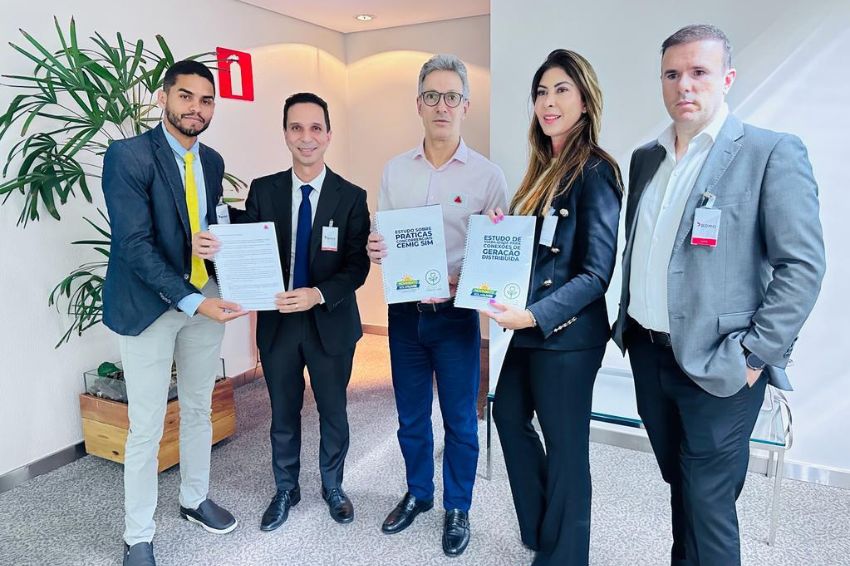

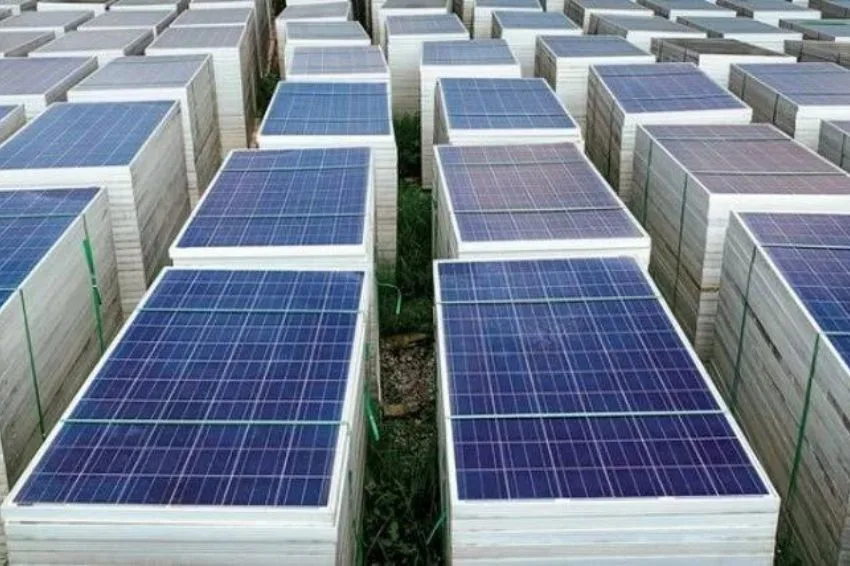
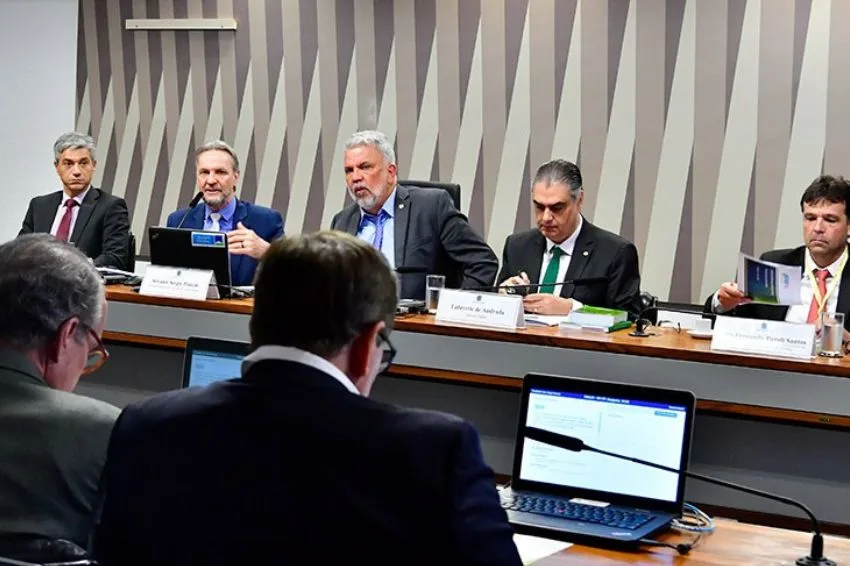
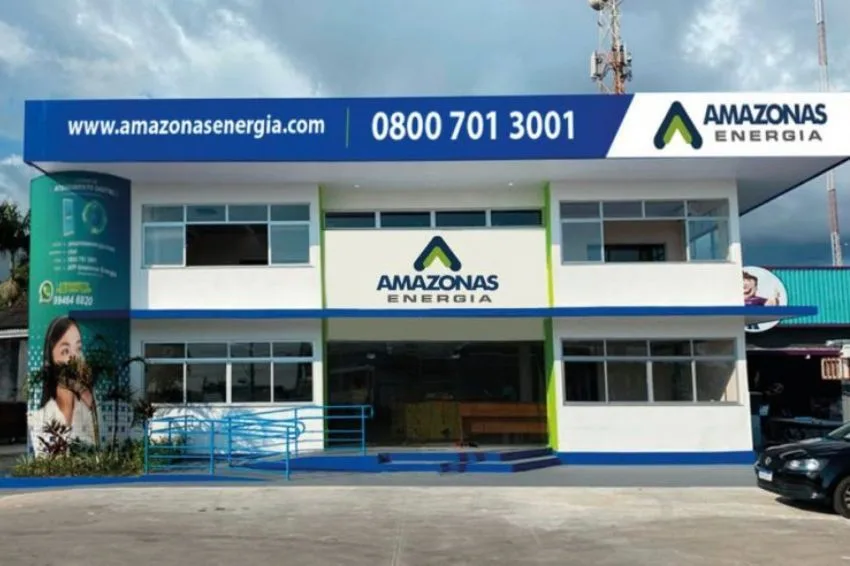
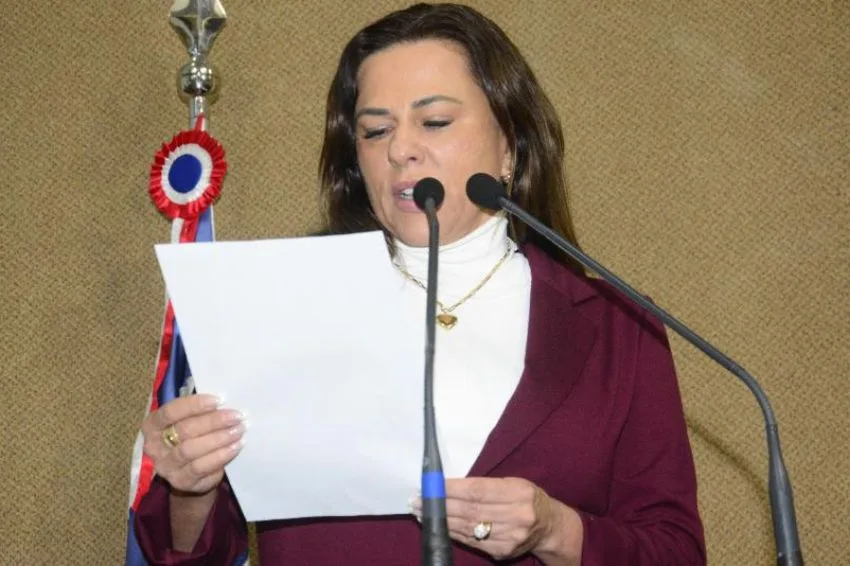
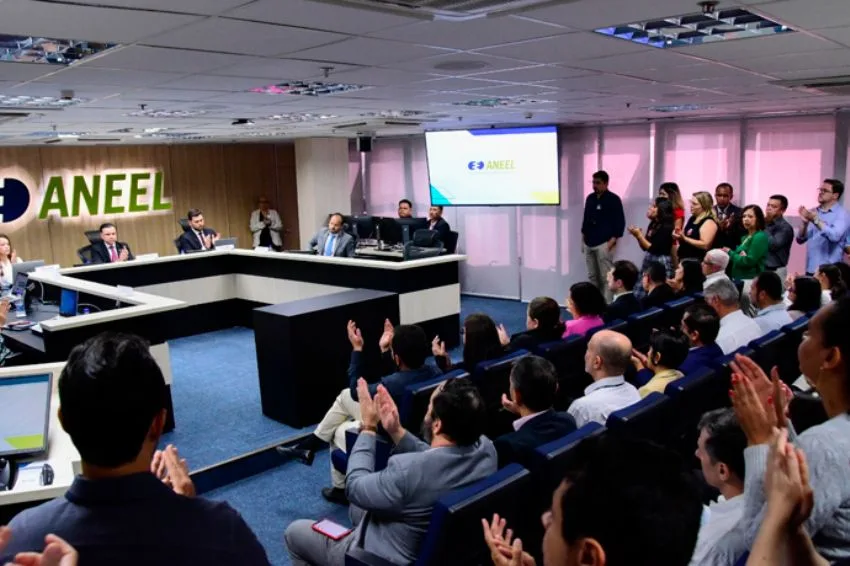
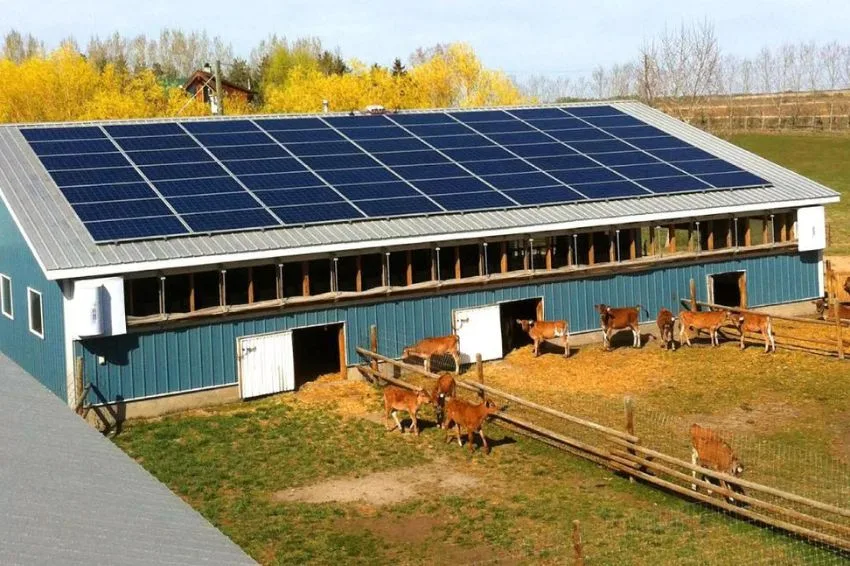







3 Responses
Excellent news from the Governor!
We need to join forces in favor of projections for the implementation of solar energy, which is still incipient in the country's energy matrix.
I completely agree that the arguments presented by the Electricity Concessionaires and Distributors regarding the problem in their network due to flow reversal are not technically sustainable. When implementing solar generation, it only brings technical benefits to your network, obviously, under the auspices of a well-designed project in all aspects of coordination and selective protection. The technological evolution of the equipment and components of a solar project already has an intelligent built-in that provides a whole logic that also preserves the quality of the energy generated. Let us never forget that every project must be approved by the Commissioner, but it is important that allegations of non-approval cannot be based on conceptually absurd theories. Aneel also has an obligation to act with the utmost promptness and ally itself with the government of Minas Gerais.